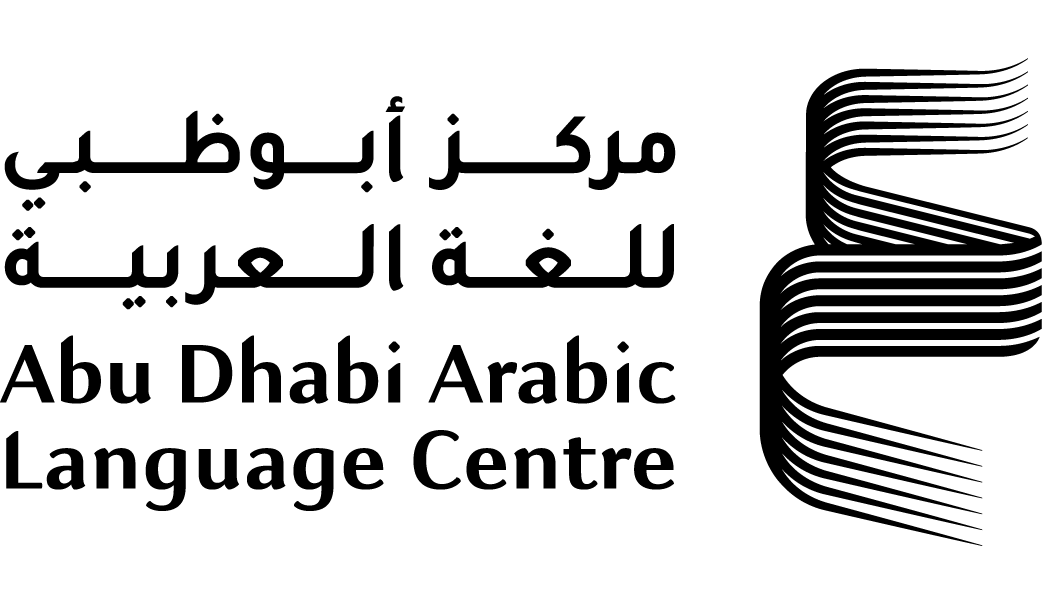The Abu Dhabi Arabic Language Centre, part of the Department of Culture and Tourism - Abu Dhabi (DCT Abu Dhabi), has expanded the list of classic international works it has published in Arabic, releasing the Arabic edition of ‘Classical Literature: A Short Introduction’ by William Allan.
The book presents an interesting brief discussion where the author gracefully navigates through the worlds of classical literature, taking readers on an enjoyable journey through time, all the way back to the beginning of concepts about art and theatre. The Arabic edition of the book was released under the Kalima Project for Translation.
Translated into Arabic by Dr. Ahmed El-Adawi, the book sheds light on the history of literature from 750 BC to 500 AD, and despite the challenges that come with covering such a broad and complex subject as classical literature in a brief study, the author skilfully addresses the topic in just 125 pages. He comprehensively explores each literary genre and provides a deep analysis of its characteristics, focusing particularly on the origins of Greek tragedy, and citing examples that clearly illustrate each literary genre the book analyses.
The book comprises nine chapters, delving into various aspects of classical literature, starting with an overview of its history, the concept of literary genres among ancient authors, and how their writings were passed down to us. It then presents each literary genre, beginning with the epic, followed by lyric and personal poetry, drama in its two aspects: tragedy and comedy, then history, oratory, pastoral poetry, satire, and finally, the novel.
William Allan approached classical literature from a historical perspective, beginning with a discussion of its Greek origins, then its evolution throughout various eras: ancient, classical, Hellenistic, and imperial in Greek literature. The author goes on to explain how Roman writers and authors “Romanised” this literary genre, tailoring it to the circumstances of their time and to their purposes, both in the Republican and Imperial eras. He also sheds light on the new features the genre acquired in its Latin form.
Throughout his book, Allan sought to demonstrate that classical literature remains closely connected to Western literature today, continuously shaping Western concepts of art to this day. He also aimed to demonstrate that classical literature is far from being monotonous and has always been provocative and entertaining.
The book takes readers on a journey through time, to the era of great epics authors, poets, orators, historians, novelists, and playwrights, unveiling how our perceptions of art and theatre were formed much earlier than we may think. It reveals how rhetoric and the art of persuasion have always been integral to political practices, both in ancient and modern times, and highlights how literature has consistently been intertwined with social, political, and economic contexts. Moreover, the book underlines and how competing with ancestors and engaging in dialogue with their great works have always been driving forces for change, not to mention the rebellion against inherited literary traditions.
‘Classical Literature: A Very Short Introduction’ was selected as part of the Kalima Project for Translation, an Emirati and Arab project that aims to revive the Arabic translation movement and support the translation of international literature into Arabic. Every year, the Project selects 200 classic and modern international works from various languages, in order to present them to Arab readers in their own language. It is an independent initiative and a non-profit project of the Department of Culture and Tourism - Abu Dhabi.
The book was written by William Allan, who was raised in the Scottish village of Bowhill, and has authored several books, including ‘Euripides: Medea’, ‘Homer: The Iliad’, and ‘Strategies of Preaching in Early Greek Poetry’.
Ahmed El-Adawi translated the book into Arabic. El-Adawi is a historian and translator who has published numerous books, studies, research papers, and investigations in the fields of Islamic history and Arab heritage.
![alc-default-cursor]()

